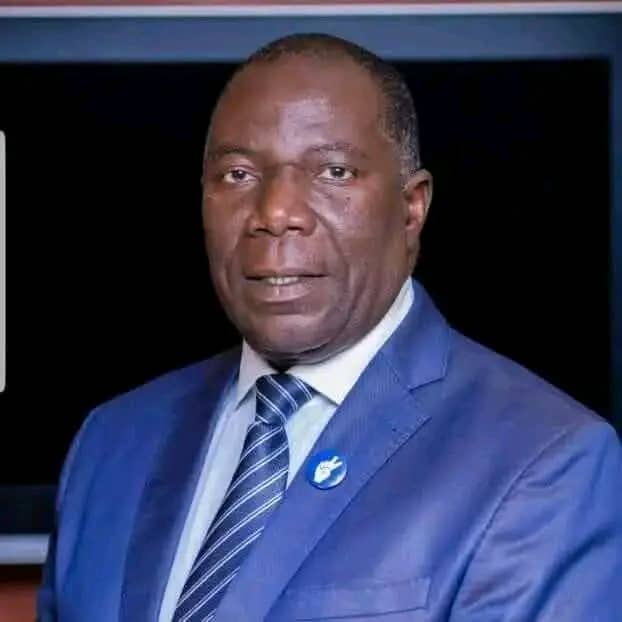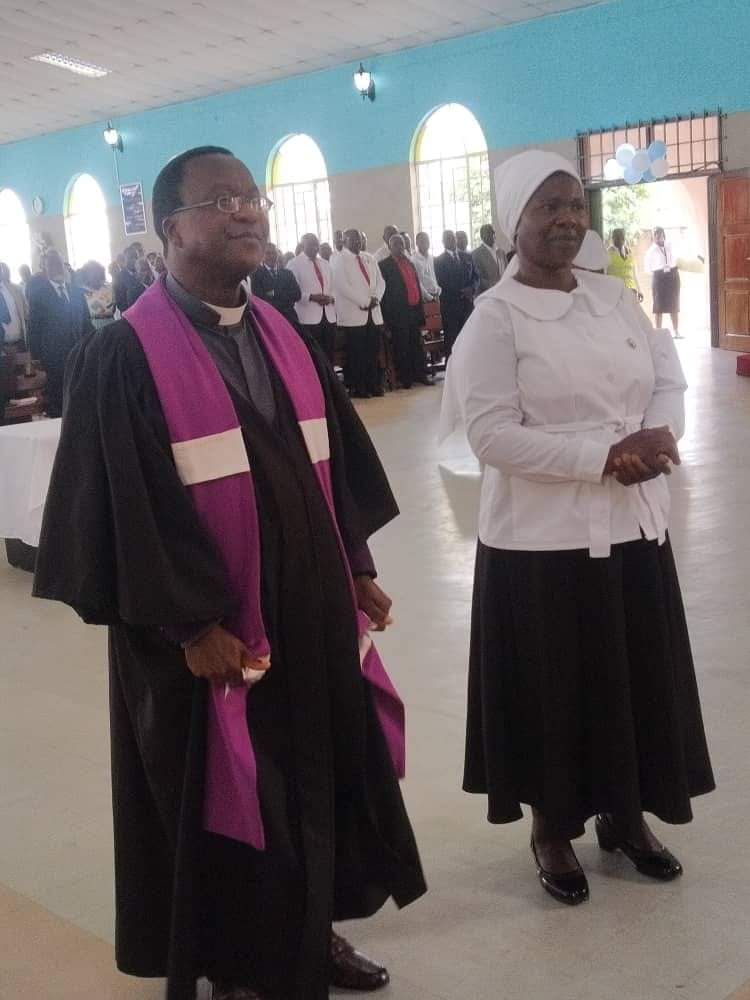As second Vice President, Chihana faces the dual mandate of ensuring regional representation and driving effective governance in a politically fragmented landscape.
By Burnett Munthali
The appointment of Enoch Chihana as Malawi’s second Vice President marks a significant political moment for the country.
It is a calculated move aimed at addressing long-standing regional imbalances in the executive branch while attempting to consolidate national governance.
Chihana’s elevation is more than symbolic; it signals an intent to integrate historically marginalized voices into the decision-making process.
Mutharika Announces Partial Cabinet: Enoch Chihana Named Second Vice President
The northern region, often overlooked in cabinet considerations, now has a direct influence on national policy formulation.
Yet, political symbolism alone cannot ensure effective leadership.
The success of Chihana in this role will depend on his ability to translate representation into tangible governance outcomes.
Evaluating a cabinet in this context requires examining not just individual qualifications, but also the capacity to navigate Malawi’s complex political landscape.
Chihana brings political experience from his leadership of AFORD, but national administration demands skills that extend beyond partisan politics.
Strategic thinking, managerial competence, and the ability to coordinate across ministries are essential for addressing Malawi’s pressing economic and social challenges.
Equally critical is the ability to foster cohesion within a diverse cabinet where competing regional, ethnic, and political interests coexist.
Citizens are increasingly scrutinizing government appointments, expecting results-oriented leadership rather than appointments driven by patronage or loyalty.
Public expectations center on service delivery, economic stabilization, infrastructure development, and social welfare improvement.
Integrity and transparency remain pivotal; the public has little tolerance for corruption or mismanagement.
Chihana and his colleagues will be judged on their ability to demonstrate ethical governance while managing scarce resources effectively.
Policy alignment within the cabinet is a decisive factor for functional government.
Ministers and vice presidents must share a coherent vision that aligns with the president’s national agenda.
Disagreement or misalignment among cabinet members could stall reforms and undermine public confidence.
Chihana’s role is strategically positioned to mediate these dynamics, ensuring both regional representation and national cohesion.
Early indicators of performance, such as policy implementation, budget execution, and stakeholder engagement, will provide insight into the cabinet’s effectiveness.
The first six months will be critical in shaping public perception and establishing credibility for this new administration.
The public will judge this government on results rather than rhetoric, measuring success by improvements in living standards, economic growth, and administrative efficiency.
Chihana’s tenure as second Vice President will therefore serve as a litmus test for Malawi’s ability to combine inclusivity with effective governance.
If he can demonstrate competence, integrity, and the capacity to unite the cabinet, his appointment could redefine expectations of executive leadership in Malawi.
Failure, however, could reinforce skepticism about appointments driven by political calculation rather than merit or capability.
Ultimately, Chihana’s challenge is to bridge the gap between symbolic representation and practical governance, providing a model for a more inclusive and accountable administration.




